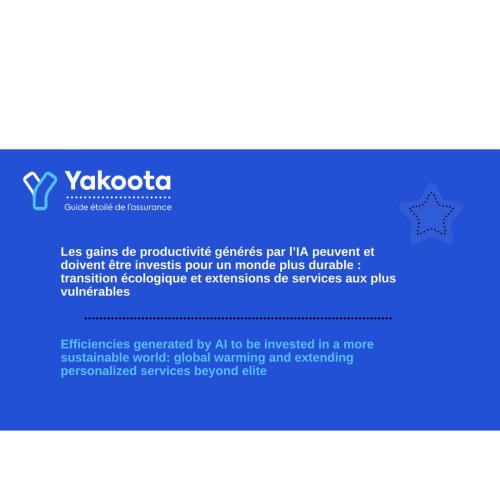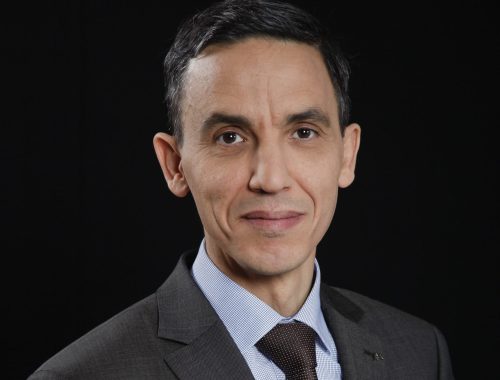
AI is an opportunity for humanity
Artificial Intelligence is basically an automation of increasingly sophisticated tasks. Used wisely, AI allows for significant productivity gains. That’s why at Yakoota we prefer to use the term “Augmented Intelligence”, combining the ethical human intelligence with the efficient artificial intelligence. Indeed, efficiencies generated by AI to be invested in a more sustainable world: curbing global warming and extending personalized services beyond the elite. Thus, AI can be an opportunity for humanity!
This successful automation has been achieved through statistical properties of conditional and/or Bayesian probability. Therefore, the rise of AI presents an opportunity for statisticians in general and actuaries in particular, in the insurance sector. Now more than ever, we need experts to ensure that the AI algorithms we use are adequate and accurate.
Human intuition is not always a good advisor!
The history of statistics is rich with errors due to human intuition. As an example, we can mention the paradox of medical tests. Let’s consider a medical test for a rare disease. Let’s assume that this test has an accuracy of 99% in detecting the disease in a truly sick or healthy person. Now, suppose that only 1 person out of 10,000 is truly affected by this disease.
At first glance, one might think that if a person receives a positive result on the test, it is very likely that they are truly sick. However, using Bayesian probabilities, we discover that this probability is only around 1%!
Therefore, experts have a fundamental responsibility in preventing incorrect uses from being generalized with AI. The profession of expert thus has bright days ahead to ensure responsible generative AI.
Public data and models are not always reliable
The plethora of available information may contain biases, or even manipulations from political or economic actors. The role of the expert is to ensure the reliability of the data and the absence of biases in the models, so that AI models do not generate new “algorithmic inequalities”.
The profession of a trusted third party also has promising days ahead for trustworthy AI.
Even more at stake in the insurance sector
The reversal of the production cycle in insurance amplifies the importance of reliable AI, involving both data, models, and usage. The actuary must resort to their time-tested validation techniques, which remain more relevant than ever. However, they must adapt them to the new era of AI. Modernization involves both their own methods and their mode of communication.
AI regulation needs to be designed accordingly, to safeguard the responsible use of AI without impairing its innovation capabilities.
To conclude, AI for good needs more than expertise
Beyond technical expertise, we need an expert with unwavering ethics. In this context, François Rabelais’ maxim, despite being 5 centuries old, is more relevant than ever: Science without conscience is only ruin of the soul.
Download our presentation regarding AI For Good.


